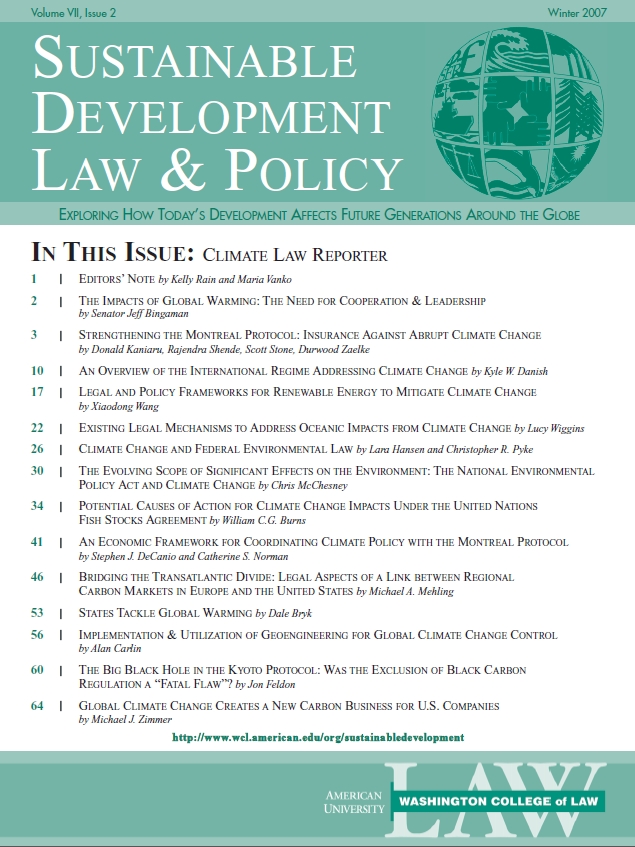Dr. Bausch in Discussion with Prof. Edenhofer and Melissa Eddy on US Climate Policy
- Presentation
- Date
-
- Location
- Berlin, Germany
- Panel discussion
-
Prof. Dr. Ottmar Edenhofer (PIK)Melissa Eddy (New York Times Berlin)
Donald Trump's announcement that the USA will pull out of the Paris Climate Agreement triggered the German Federal Agency for Civic Education to put American climate policy on stage in its popular series "What's Up America". Dr. Camilla Bausch of Ecologic Institute, Prof. Dr. Ottmar Edenhofer of PIK Potsdam and the New York Times Berlin correspondent Melissa Eddy addressed the reasoning behind this controversial decision and possible consequences.
The panel aimed at explaining the positions taken by different US presidents, both currently and historical, regarding climate change. They also reflected on the reasons why - despite being directly affected by climate change -, many Americans steadfastly deny the existence of man-made climate change and perceive environmental policies as a threat to their economic wellbeing. They contrasted this with the attitude of most Germans, who have a historical tradition of environmental stewardship and in a vast majority are convinced that climate change is happening, is a direct result of human interference and needs to be addressed by policy makers.
Dr. Bausch addressed the motivations and cultural factors behind the differences in the way that Germans and Americans view the threat of climate change. Donald Trump's decision to exit the Paris Climate Agreement was attributed by his government to a supposed loss in competitiveness, increased poverty and unemployment. Furthermore, many Americans fear the loss of power and declare climate change as a hoax designed to decrease American influence on the global market, or – while acknowledging climate change - fear international policy under mines American sovereignty.
Over time, the two party system has become more and more polarized in recent years. Denial of the existence of climate change (or at least a general acknowledgement that addressing it on a political level would threaten American values) has now become a tenant of the Republican party.
Reasons for this public and political perception are manyfold, including a neo-liberal ideology and the general rejection of so-called "big-government". Furthermore, different to Germany the media approach to show "both sides of the coin" gives a minority scientific view, for example, disproportionate attention. Also, with the American media widely working along party lines, conservative channels like Fox News featured climate and science skepticism as part of their profile. Last but not least – and different to Germany –, the fossil fuel industry positioned itself in the camp of climate skeptics, and invested heavily in lobbying in this field – including their support of respective Think Tanks and campaigns.
However, also in the US many people and societal groups are convinced of the scientific evidence of man-made climate change and the need to act on it. They see also co-benefits of such measures, e.g. health protection due to improved air quality, economic opportunities, and American leadership. Many of these actor do have political power at subnational level and spur intitiatives to protect the climate at national and international level. For instance, eight democratic states and more than 200 cities, universities and organizations are part of the We Are Still In coalition and are working to keep to the goals of the Paris Climate Agreement.
In Germany, by contrast, and the broad public acknowledges anthropogenic climate change. Multilateral and international approaches to climate change are largely viewed an important part of the solution. As a middle power, Germany has an inherent interest in a rule-based approach in international policy. Skepticism in Germany has historically been found in the societal fringes until the recently successful "Alternative for Germany" party gave these voices a more public platform. Nevertheless, the other big political parties are still united in the acknowledgement of man-made climate change and the need to address it – though they differ in the measures they propose to address the problem. Also in Germany, the reasons for this political and public perception are manyfold, and include an ideological basis building on the value of environmental protection and the precautionary principle. Furthermore and different to the US, the industry accepted the findings of the IPCC as a basis for their positions. So the debate was less about the "if" of man-made climate change and more about how to tackle it.
The event was opened with an introductory talk by Thomas Krüger, President of the Federal Agency for Civic Education (BPB). The evening was moderated by Dr. Melinda Crane of Deutsche Welle and Dr. Christoph von Marschall of the Tagesspiegel.




